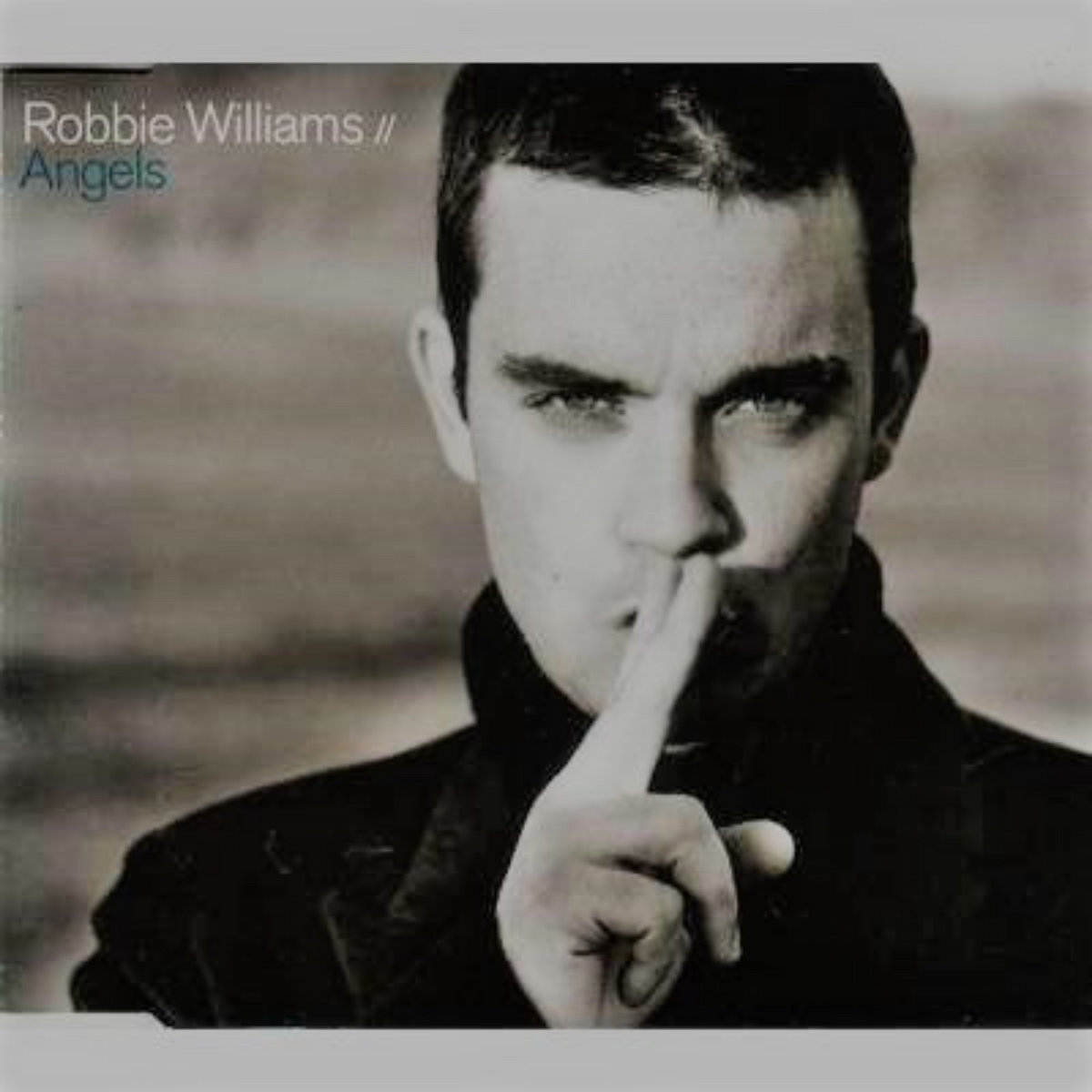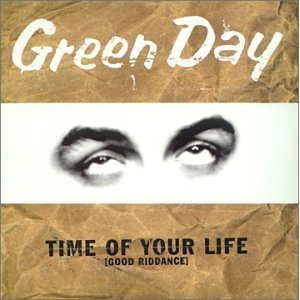Shania’s Early Years
Country singer/songwriter Eilleen Regina “Shania” Twain was born in 1965 in Ontario, Canada. After graduating from high school in 1983, she toured with a cover band called Flirt. Toronto DJ Stan Campbell noticed her talent and used her as a backing vocalist on an album by Canadian musician Tim Denis. Twain halted her burgeoning music career in 1987 when her mother and stepfather died in a car accident. She moved home to take care of her younger siblings.
After her siblings moved out on their own, Twain re-entered the music world by assembling a demo which caught the attention of a few labels. She signed to Mercury Nashville Records and released her self-titled debut album in 1993. The album failed to chart in her native Canada or the United States, although the single “What Made You Say That” backed by “Dance with the One That Brought You” reached #55 on the Billboard country chart.
Her next album, 1995’s The Woman in Me, was a blockbuster. It reached the top 10 in Canada and the U.S. and has sold 20 million copies worldwide. It featured four #1 country hits, including the double-platinum “Any Man of Mine.” It “proved that the world was ready for a combination of traditional instruments, girl-power themes, and dance-pop dynamics.” AM She proved to be equally as marketable as “a modern-day Dolly Parton or a country music Spice Girl.” AM
Mutt Lange
One of the key components in Shania’s huge leap in commercial success had to do with Robert John “Mutt” Lange. The famed producer reached out to her after hearing her first album. After hours on the phone, the two met six months later and married by the end of 1993. As the man who had produced iconic rock albums for Bryan Adams, AC/DC, the Cars, Def Leppard, and Foreigner, he was able to bring that same sensibility for catchy hits to Shania’s The Woman in Me.
Bigger and Better
Come on Over, also produced by Lange, “was essentially more of the same, but with even more hooks and a more polished, commercial sound.” TB Twain “updated her image accordingly, and now looked less like a country singer and more like she’d just walked out of the pages of Vogue. This immediately boosted her appeal internationally.” TB Twain “accentuates the sing-along choruses and simple dance rhythms while downplaying the country elements.” AM “There are still country elements, such as the fiddles on ‘Man! I Feel Like a Woman!,’ but even they have been processed to fit with the record’s modern pop sheen.” TB Entertainment Weekly praised the album for “incorporating a substantial rock influence without losing its country sensibilities.” WK “The emphasis is on fun rather than depth.” AM
The Biggest Country Album Ever
As big as The Woman in Me was, it still didn’t properly prepare the world for the monstrous success of Shania’s third album, Come on Over. Twain took a page out of Michael Jackson’s Thriller playbook, pulling singles over multiple years, stretching from 1997 to 2000. Powered by eight top-10 country hits, including three #1’s, Come on Over spent a whopping 50 weeks atop the country chart. It received Grammy nominations for Album of the Year and Best Country Album. It became the best-selling country album of all-time, as well as the best-seller by a woman and by a Canadian. WK Twain had never even charted in the UK, but the album went to #1 and generated six top-10 singles. TB
The Songs
Here are insights into individual tracks.
“Love Gets Me Every Time” and “Don’t Be Stupid”
Love Gets Me Every Time was the lead single from Come on Over. It topped the country chart and went gold. The second single, Don’t Be Stupid (You Know I Love You), was the album’s second top-40 hit on the Billboard pop chart and also reached the top 10 on the country chart.
“You’re Still the One”
The album’s third single, You’re Still the One, was the album’s biggest hit and the biggest hit of Shania’s career. It was another #1 country hit, reached #2 on the pop charts, and went double platinum. It also landed four Grammy nominations, including Record of the Year, Song of the Year, Best Country Song, and Best Female Country Vocal Performance, winning the latter two.
“From This Moment On,” “Honey, I’m Home,” and “That Don’t Impress Me Much”
The album’s biggest hit was followed by From This Moment On, Shania’s second entry into the top five on the Billboard Hot 100. It was another top-ten country hit and went platinum. Honey, I’m Home became the album’s third #1 country hit and went gold. That Don’t Impress Me Much was a platinum single that hit the top 10 on the country chart and the Billboard Hot 100.
“Man! I Feel Like a Woman!” and “Come on Over”
Twain landed another top-40 pop hit and top-five country hit with Man! I Feel Like a Woman!. The triple platinum earned Twain another Grammy for Best Female Country Vocal Performance. That same year – 2000 – Twain landed the Grammy for Best Country Song for Come on Over, the album’s eighth and final top-10 country hit.
Notes:
An international version of the CD was released in 1999 that contained some remixes of the original tracks and a different track listing.
|












